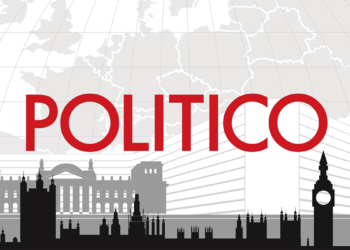Trump’s Immunity Claim Joins His Plans to Increase Executive Power
From the courts to the campaign trail, former President Donald J. Trump is challenging a hallmark of American-style democracy: its suspicion of concentrated power. The Supreme Court will...
Read more































